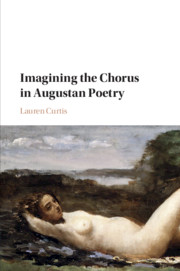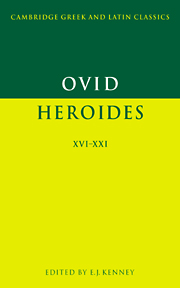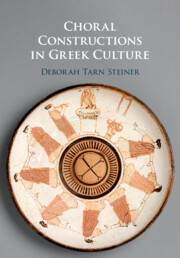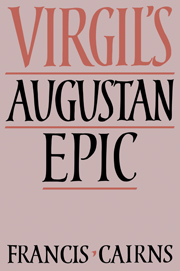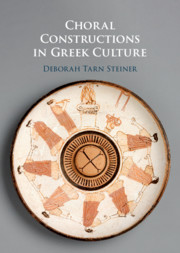Imagining the Chorus in Augustan Poetry
From archaic Sparta to classical Athens the chorus was a pervasive feature of Greek social and cultural life. Until now, however, its reception in Roman literature and culture has been little appreciated. This book examines how the chorus is reimagined in a brief but crucial period in the history of Latin literature, the early Augustan period from 30 to 10 BCE. It argues that in the work of Horace, Virgil, and Propertius, the language and imagery of the chorus articulate some of their most pressing concerns surrounding social and literary belonging in a rapidly changing Roman world. By re-examining seminal Roman texts such as Horace's Odes and Virgil's Aeneid from this fresh perspective, the book connects the history of musical culture with Augustan poetry's interrogation of fundamental questions surrounding the relationship between individual and community, poet and audience, performance and writing, Greek and Roman, and tradition and innovation.
- Traces the history of the chorus from ancient Greece to Rome, and for the first time stresses its significance for Roman poetry
- Explores key aspects of Augustan authors' treatment of the chorus such as authorship, community, ritual, and gender
- Sheds much new light on Horace, Virgil, and Propertius
Product details
August 2021Paperback
9781316638606
284 pages
228 × 151 × 13 mm
0.42kg
Available
Table of Contents
- Introduction: the chorus in the Augustan imagination
- 1. Imagined choruses from Alexandria to Rome
- 2. Dance and desire in Propertius' Elegies
- 3. Horace and the erotics of the lyric chorus
- 4. Canon, community, and chorus
- 5. Virgil's Aeneid and the relocation of ritual
- 6. Foundational choreography in the Aeneid
- Epilogue.

